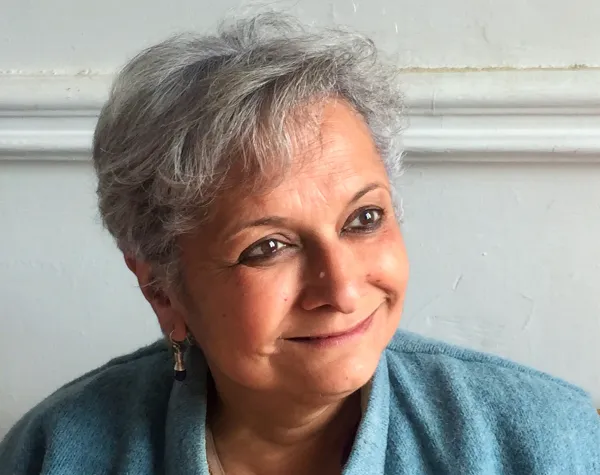Germany

Sujata Patel
Sujata Patel is an independent researcher and scholar. She retired as Professor of Sociology, University of Hyderabad and before that she taught sociology at the Universities of Pune and SNDT Women’s University. After retirement, she was appointed National Fellow at the Indian Institute of Advanced Studies, Shimla and Distinguished Professor, Savitribai Phule Pune University. In 2021 she was awarded the Kerstin Hesselgren Visiting Professorship by the Swedish Research Council and in 2023 she was presented with an Honorary Doctorate by Uppsala University, Sweden. She has been recently bestowed with the Humboldt Research Award.
Her work on modernity and global social theory, history of sociology/social sciences, urbanization and city-formation, social movements, gender construction, and caste and class formation in India combines an historical sensibility with four perspectives-Marxism, feminism, spatial studies and post structuralism.
She has been an active interlocutor of teaching and learning practices, and has written on the challenges that intervene in its reorganization within classrooms and in university structures. She has coordinated a postgraduate online teaching and learning resource of 15 courses in Sociology titled Epathshala.
She has authored, edited and co-edited 15 books and published over 77 peer reviewed papers/book chapters. Presently, she is the Series Editor for Oxford Studies in Contemporary Indian Society (Oxford, UK) and was from 2007-2022 Series Edit.
Is there an anti-colonial social theory? I believe there is. In this ms., I will map and describe, explain and dissect anti-colonial social theory’s beginnings and locations in multiple colonised/imperialised geographies. I define anti-colonial social theory as a viewpoint that explores the way power, authority and domination imbricate itself within knowledge while asserting a need to displace it for new alternative(s) that reflect the experiences of the colonised other. I also suggest anti-colonial social theory is intimately linked with anti-colonial thought, which should be understood as a set of proto-philosophical/sociological ideas. Additionally, I outline some of the theoretical challenges that anti-colonial social theory confronts as its diverse and manifold methodologies and perspectives are now recognised, organised and cohered into a body of thought. The proposed ms. will elaborate how anti-colonial social theory is a standpoint that constantly reformulates itself as geopolitics defines it as a protagonist. Its attributes are: an ontological claim that we live in a colonial/imperial world; a search for a methodology to comprehend the way colonised power frames dominant/hegemonic and an elaboration of methods to debunk these; a quest to constitute new methods to conceive of the colonised social and thereby to reframe ways to think. It offers us critical methodologies to displace existing concepts and theories of modernity and design fresh ones based on the colonial.
Marxism; Feminism; Spatial studies; Post structuralism
